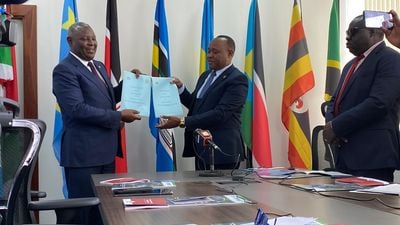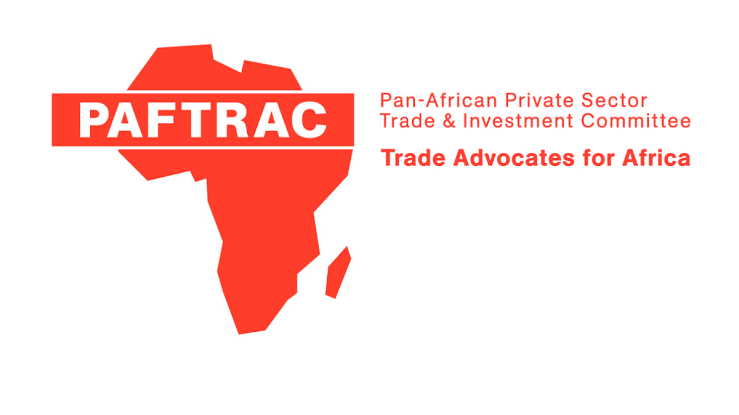The East African Community (EAC) and regional lender Equity signed a memorandum of agreement on Thursday to expedite the EAC’s Africa resilience and recovery strategy, which primarily focuses on small and medium-sized enterprises.
The deal was signed in Arusha by Equity CEO James Mwangi and EAC Secretary-General Peter Mathuki on the sidelines of the EAC Ordinary Heads of State Summit.
The MoU is a vehicle for financial support and development financing using the EAC infrastructure of the Common Market and targeting farmers, manufacturers, energy and social services providers and to enhance intra-continental trade, said Mr Mwangi.
He said the bank is making part of its $13 billion balance sheet available for the region’s entrepreneurs while 16 development financiers, including the International Finance Corporation, African Development Bank and European lenders, are bringing in more for lending. He said $2 billion is already available for borrowers.
The EAC, according to Mr. Mwangi, is Africa’s most cohesive and well-connected economic region, making it a good platform for African companies to access global markets that have been affected by disruptions attributed to Covid-19 and the conflict in Ukraine.
“The world is looking for an alternative manufacturing hub and the memorandum we have signed is to allow the business community to operate within the framework of the EAC protocols. We want to operate in a common infrastructural and governance structure to be able to supply the global market,” Mr Mwangi said. “Essentially, we are saying let’s bring equity for everyone and we come together under the Common Market.”
Equity Bank will seek to finance farmers in the region to produce palm oil for the international market, noting that in 1960 Congo and Nigeria produced 90% of the world’s supply of edible oil, which has been in short supply.
Dr. Mathuki applauded the initiative and noted that it will help find African solutions to African challenges.
“Let’s not over-depend on foreign suppliers with all these shocks. We appreciate the private sector’s participation in the region’s economic recovery,” he said.









